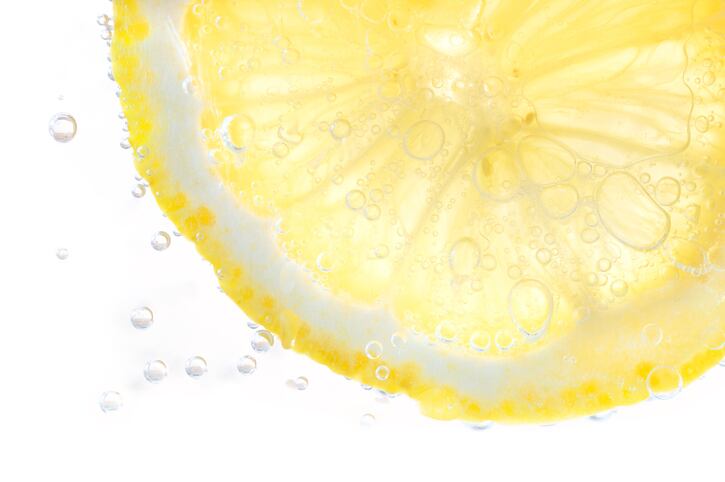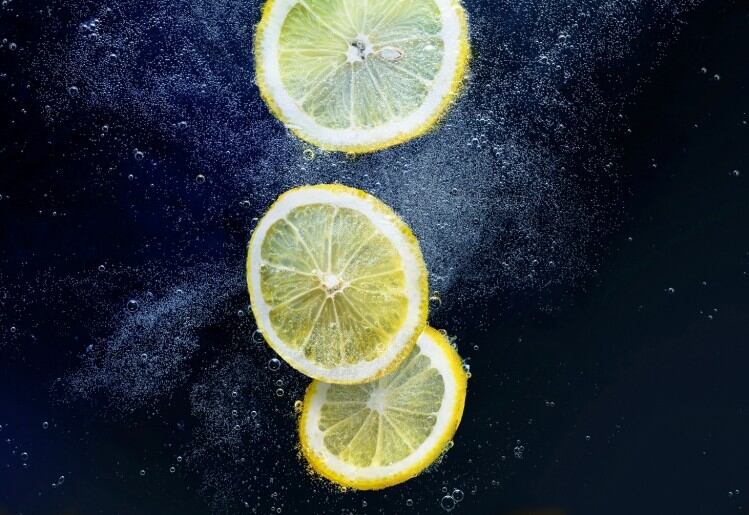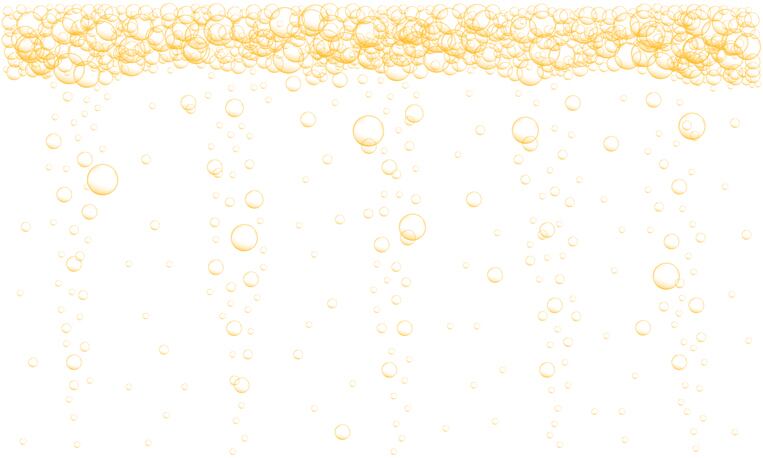In recent years, there has been a shift in attitude toward alcohol consumption. Due to increased health concerns, there’s more concentration on well-being, and consumers are prioritizing their health and wellness in a way they haven’t previously. As a result of this, consumers are adjusting their diets and lifestyles to improve their health in the long term. With evolving consumer need states, there is an opportunity for growth in the hard seltzer market.
Why hard seltzers?
Consumers are reevaluating areas of their lifestyle and diet that they believe could be improved upon.
One of these areas is alcohol consumption. Many consumers are looking to reduce their alcohol consumption or look for alcoholic beverages that are deemed healthier. FMCG Gurus consumer insights found that 32% of global consumers have reduced their alcohol intake as a result of COVID-19, whereas 25% have stated that they have increased their intake.
An increase in alcohol intake can be attributed to consumers wanting to escape from daily pressures. FMCG Gurus consumer data found that 56% of global consumers gave this as the reason that they increased their alcohol intake. With the increased levels of uncertainty in recent years in many different aspects of daily life, consumers are turning to alcohol for moments of escapism. With health concerns, this is something that will drive demand for better-for-you products so consumers can consume guilt-free alcohol products.
As people look for healthier alternatives, the hard seltzer market should appeal to consumers with beverages that are low in sugar, use natural ingredients, and are low in calories.
Expanding global appeal
The global hard seltzer market is still in a period of infancy outside the largest market of North America.
With the current market, it is less likely that hard seltzers are being substituted for other alcoholic beverages, those that do make this change are most likely to substitute beer. A reason for this is due to the beer market seeing stagnation as beer can be associated with higher calorie content and bloating. This explains why many beer brands are launching hard seltzer products across the globe to appeal to health-conscious consumers.
Despite consumer health concerns, it is vital that hard seltzer beverages not only offer a healthier alternative, but also taste good and offer new and exciting flavors.
When asked what types of hard seltzer flavors consumers would like to see, global consumers stated that they would like to see sweet flavors, blends, and exotic flavors. Flavors and blends should be positioned as a novelty that adds to the experience of the product to appeal to consumers wanting to experiment with flavors.
When asked what type of occasions consumers turn to hard seltzers for, 58% of consumers said partying and 57% said boy/girl night out, according to FMCG Gurus' FMCG Gurus' 'Hard Seltzers – Identifying Attitudes and Behaviors in an Emerging Market' report.
This suggests that these drinks are more likely to be associated with partying and relaxed socializing with friends.
In a time where people are wanting to connect more with others, brands should position hard seltzers as fun drinks that can help consumers to have fun and unwind.
Barriers for the hard seltzer market to overcome
The hard seltzer market is not as well established in the rest of the world as it is in North America.
Many consumers who don't drink hard seltzers would be willing to try them if they saw them in retailers, pubs, nightclubs or restaurants.
One of the main reasons that consumers are not purchasing hard seltzers is because they have not heard of them.
In fact, FMCG Gurus consumer insights found that globally 50% of consumers that stated they did not drink hard seltzers were not aware of the alcoholic beverages before the survey provided them with a definition, but a high percentage would be willing to try them if they saw them in retailers, pubs, nightclubs, or restaurants.
This shows that there is scope to continue to grow the market on a global scale. One way the market can establish a wider consumer base and grow consumer loyalty is by targeting a specific category such as the beer market where sales have stagnated.
The quality of hard seltzers is important to consumers. Brands should promote the naturalness, sustainability, and health benefits of products with streamlined ingredient listing and clear information on the sourcing of ingredients.
By promoting hard seltzer products as green and clean, it can appeal to consumers wanting to make changes to their lifestyles and diets to protect themselves and the planet.
However, it is important that hard seltzer products are considered good value for money. FMCG Gurus consumer insights found that, globally 62% of consumers deem the cost to be important when choosing hard seltzers products. Until consumers have tried a new product, they are more likely to be drawn in by low cost and promotional offers when sampling these products for the first time. To address this issue, brands should promote traits such as better-for-you properties and exciting flavors to improve value for money.



